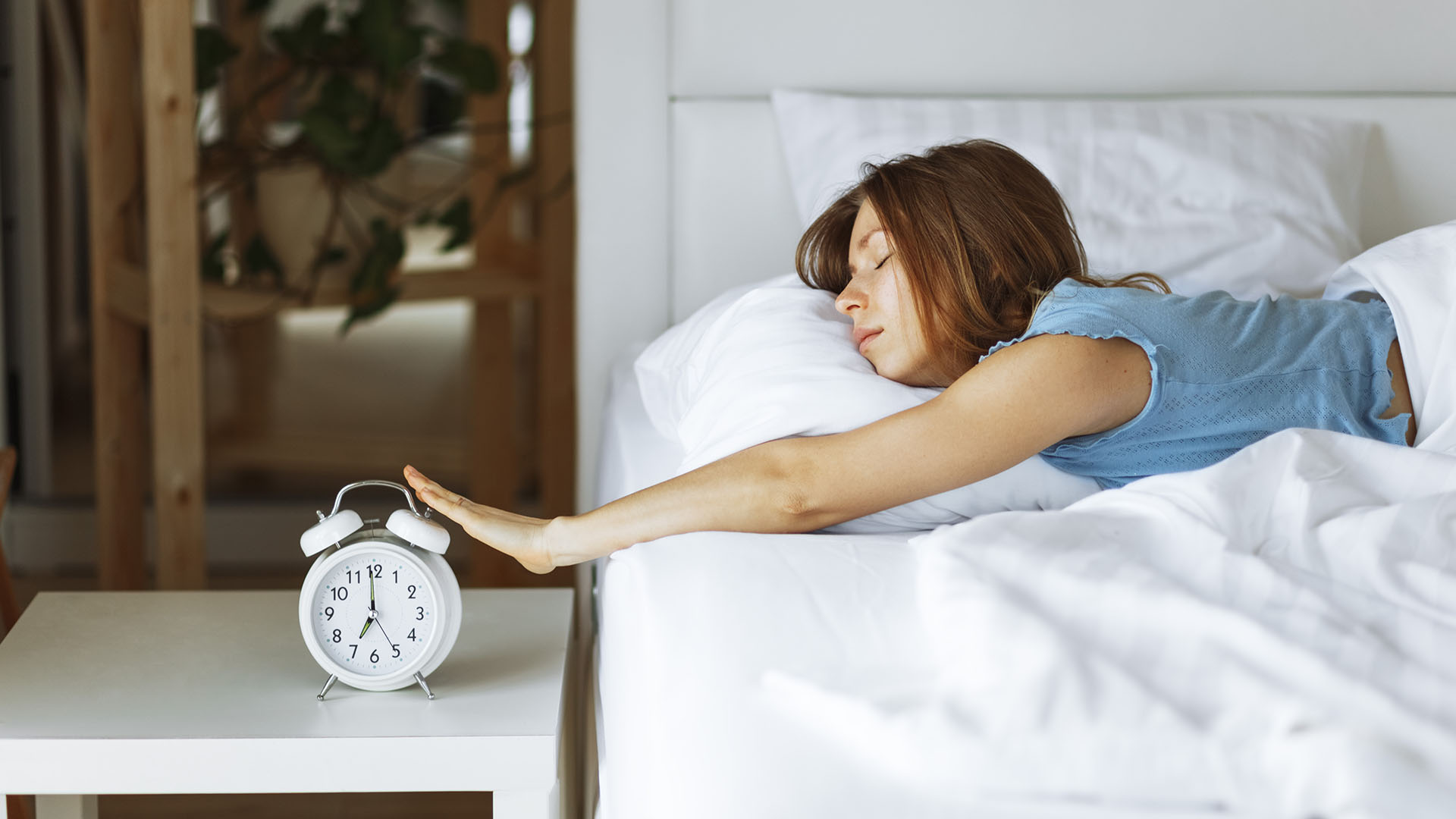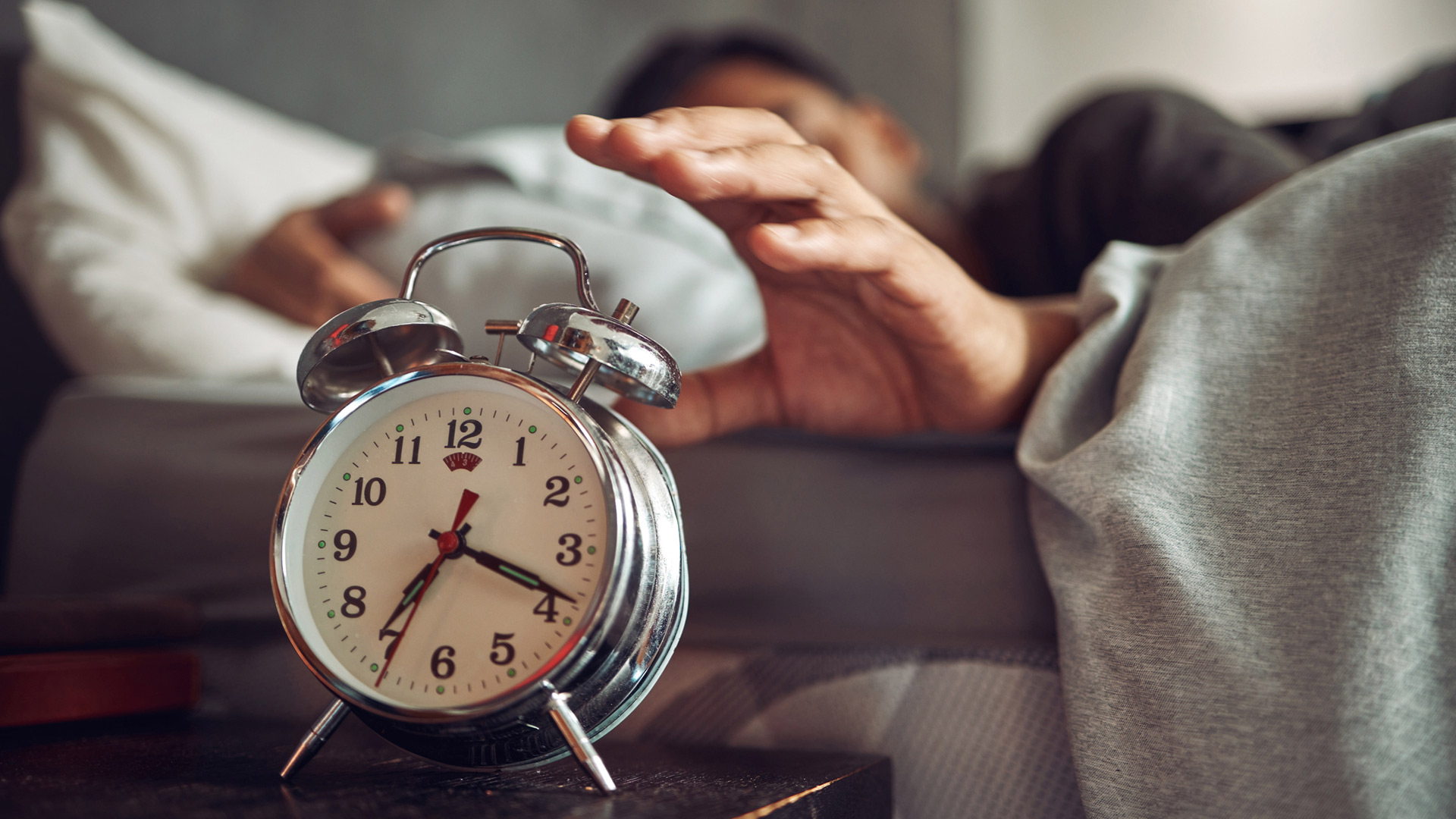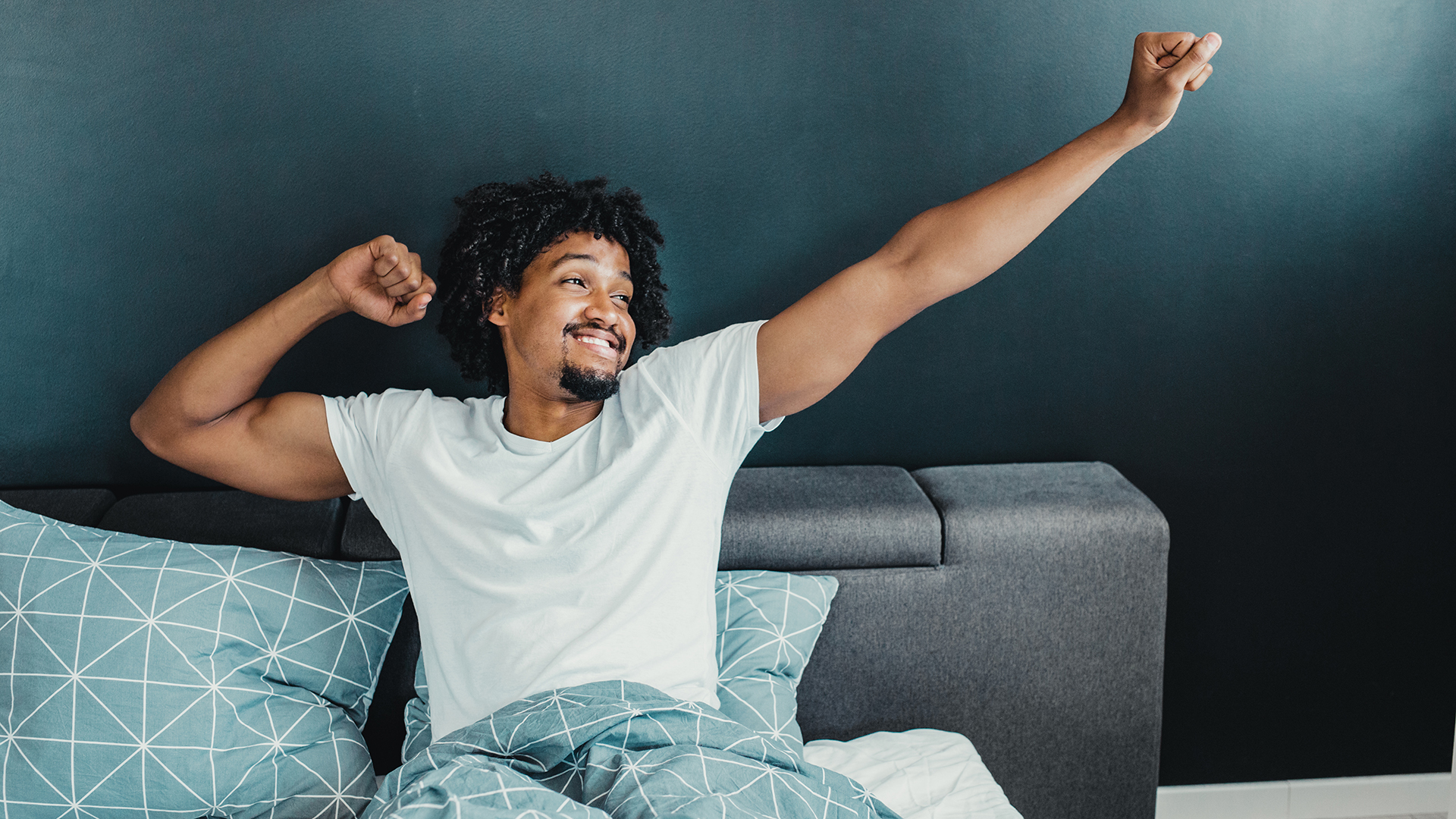When you purchase through links on our site, we may earn an affiliate commission.Heres how it works.
For a long time, I’ve considered my iPhone alarm clock to be my worst enemy.
It’s the thing that pulls me from a happy dreamland when I’m just not ready.

Smart alarm clocks use sleep tracking to determine the best time in yoursleep cycleto get up.
But smart alarms generally fall into two categories: wearable sleep trackers and sound-based sleep trackers.
I hate wearing a watch in bed, which rules out most of thebest sleep trackers.

But theSleepwavesmart alarm app offers a slightly different solution.
It usessound waves to track your motion, avoiding the pitfalls of standard sound trackers.
After eight nights using the smart alarm, heres what Ive discovered…
1.

I was doubtful a smart alarm would perform any differently.
But to my surprise, it did feel like a calmer wake up.
It’s the careful timing of the sleep tracker that resulted in these peaceful mornings.

Not for nothing, Sleepwave pairs the sleep tracker with gentle alarm sounds.
And that made a difference to how I tackled the rest of morning.
The biggest disadvantage?
Early wake ups
My only grudge is a very petty one.
Sleepwave also offers 30, 45, and 60 minute alarm windows.
And nearly always, I was woken up right at the start of the 30 minutes.
When I go to bed, I like to know precisely when I’m getting up in the morning.
The variable timing of the smart alarm will take some getting used to.
Why do smart alarm clocks work?
Smart alarm clocks monitor your sleep to track the different phases of your sleep cycle.
This allows the sleep tracker to detect when you’re in different sleep phases, includingREM sleepand non-REM sleep.
it’s possible for you to learn more with our guide tohow sleep trackers work.